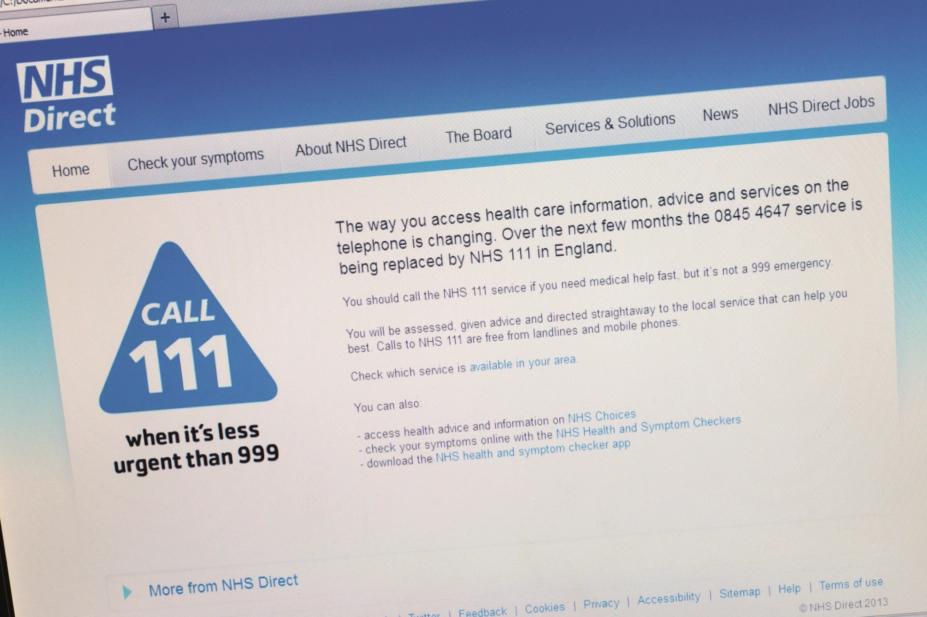
sjscreens / Alamy Stock Photo
Around 2,000 pharmacies have registered to offer a minor ailments service with referrals from NHS 111 as part of an extended pilot project from November 2018, NHS England has said.
The extension of the Digital Minor Illness Referral Service (DMIRS) will mean patients from London, Devon and the East Midlands will join those from the North East of England in being given the option of referral to one of 2,139 community pharmacists for a booked consultation when they call NHS 111.
NHS 111 call handlers will refer patients to the DMIRS presenting conditions from a set list which includes allergic reactions, cold or flu and lower back pain.
The service was launched in December 2017 across 390 pharmacies in Durham, Darlington, Tees, Northumberland and Tyne and Wear, with 11,900 patients referred to community pharmacists since its launch.
An assessment of the initial pilot carried out by NHS England found that the number of minor illness cases being referred to GPs from NHS 111 fell from 70% to 40% since the launch of the scheme, with half of these cases dealt with by the pharmacist without the need for onward referral.
By widening the scheme to include pharmacies in London, Devon and the East Midlands, which was first announced in May 2018, the DMIRS will now cover a total of 17.8 million patients across England.
The London arm of the service is set to launch across 1,164 pharmacies, with the other two locations also launching in November 2018; 141 pharmacies have registered to provide the service in Devon, while 436 have done so in the East Midlands.
Sanjay Ganvir, chair of the Camden and Islington local pharmaceutical committee, said: “The community pharmacy network is the biggest walk-in service in the NHS so it’s great to see the NHS using the huge potential of community pharmacies to help to ensure that GP and [hospital emergency] care will be more available for those who need it most.”
Sandra Gidley, chair of the Royal Pharmaceutical Society English Pharmacy Board, said the pilots “should help demonstrate how pharmacists can support patients and so relieve pressure on the pinch points in primary care”.
She added: “At present, only a tiny proportion of patients are referred to community pharmacy from NHS 111.
“These pilots will integrate local community pharmacies into the urgent care framework, making them part of the multidisciplinary team and providing services that benefit patients, an ambition RPS has long campaigned for.”
Nikki Kanani, acting director of primary care at NHS England, said: “Using a community pharmacy as the first point of call for clinical advice for minor health concerns will speed up access to excellent care for patients, help to free up GP time and reduce non-emergency [hospital emergency department] visits.”
According to the latest NHS Digital data, 2.5% of all referrals from NHS 111 were made to pharmacy, in April 2018, compared with less than 1% in April 2015.
The DMIRS pilots will run until March 2019 using funding from the NHS England Pharmacy Integration Fund.


